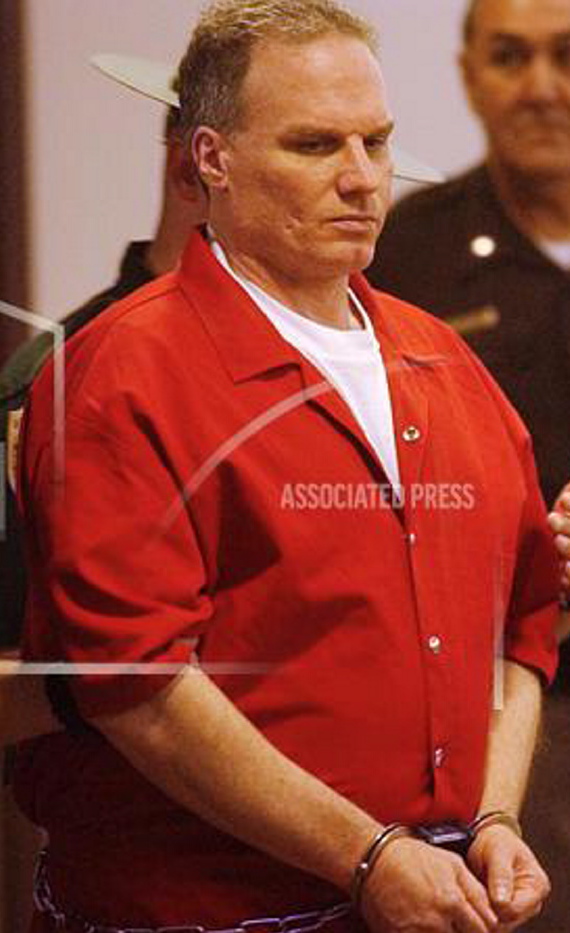BOSTON — Federal prosecutors will seek the death penalty for a second time against a man who admitted killing three people in Massachusetts and New Hampshire during a weeklong crime spree.
Gary Lee Sampson, a drifter from eastern Massachusetts, pleaded guilty to federal charges and was sentenced to death by a jury in the July 2001 slayings of two men in Massachusetts who had picked him up hitchhiking. He also pleaded guilty to separate state charges for killing a man in New Hampshire.
A federal judge threw out the sentence in 2011 in a ruling later upheld by a federal appeals court.
On Friday, U.S. Attorney Carmen Ortiz said prosecutors will again seek the death penalty through a new penalty hearing instead of allowing Sampson to serve a life sentence.
In a memo filed in court, prosecutors said Sampson’s lawyers recently presented arguments on why they believe prosecutors should not again seek the death penalty.
“In short, the United States did not find those arguments persuasive, nor is it aware of any other justification for a lesser sentence for Sampson,” Assistant U.S. Attorney Zachary Hafer wrote in the memo.
“The United States continues to believe that the 2003 jury, after careful deliberation, reached the correct and just decision as to Sampson’s sentence. Justice therefore requires that a jury again determine the appropriate sentence for Sampson.”
Prosecutors said they plan to ask for a date for a new penalty hearing during a court status conference scheduled next month.
Sampson’s lawyers could not immediately be reached for comment. .
Sampson pleaded guilty to carjacking and killing 19-year-old Jonathan Rizzo of Kingston and 69-year-old Philip McCloskey of Taunton. He told police he forced both men to drive to secluded spots, assured them he only wanted to steal their cars, then stabbed them repeatedly and slit their throats.
Sampson then fled to New Hampshire, where he broke into a house in Meredith and strangled Robert Whitney, a former city councilor from Concord.
A federal jury in Boston recommended the death penalty after hearing weeks of grisly testimony about the Massachusetts killings. Sampson became the first person sentenced to death in Massachusetts under the federal death penalty law. Massachusetts does not have a state death penalty.
Sampson, now 54, challenged the death penalty, arguing that he was denied the right to have his sentence decided by an impartial jury.
U.S. District Judge Mark Wolf, who presided at the first trial, tossed out the death penalty sentence in 2011, finding that Sampson’s constitutional rights were violated after a juror intentionally and repeatedly lied when answering questions during the jury selection process.
Send questions/comments to the editors.



Comments are no longer available on this story